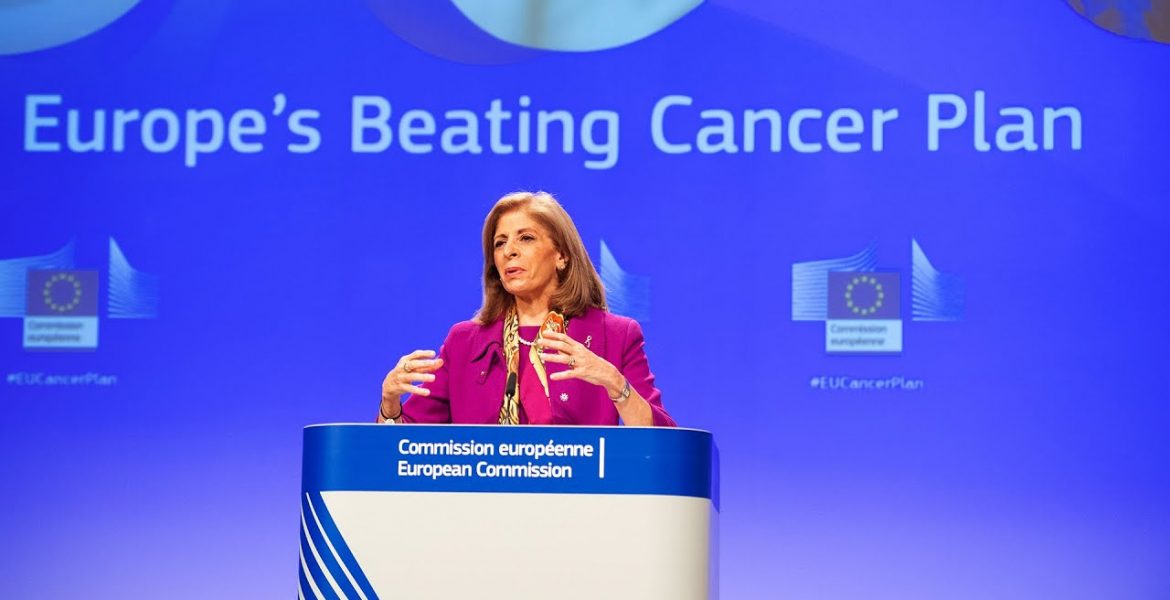Prevention is always better than cure, say MEPs as they welcomed the new European approach to cancer screening presented this week by the European Commission.
The recommendation is an important step forward to implement Europe’s Beating Cancer Plan.
In 2020 alone, 2.7 million people were diagnosed with cancer and 1.3 million lost their lives. The Commission estimates that by 2035, cancer cases could increase by up to 25%, making it the leading cause of death in the EU.
The Covid-19 pandemic has even increased the sense of urgency. It exacerbated already existing inequities regarding screening and cancer care. In 2020, it’s believed that 100 million screening tests were not performed and over 1 million cancer cases remained undiagnosed.
Tiemo Wölken MEP, S&D spokesperson on health, said: “Thanks to early screening programmes, many cancer diagnoses do not have to be a death sentence. It is therefore essential that all citizens have the same access to preventive measures, regardless of their location. For that reason, we very much welcome the fact that the Commission adhered to the European Parliament’s request and suggested to expand the European cancer screening recommendations to also include the screening of lung, prostate and gastric cancers.”
“This Commission recommendation should be seen as a ‘must do’ by the member states. Thanks to the latest scientific findings and innovative technologies, as well as novel screening programmes, it is possible to detect cancer at a very early stage and thus offer rapid treatment options. Our health is our most important asset. Regular check-ups ensure better health protection. Prevention is always better than cure.”
“With new innovative screening methods and the expansion of screening programmes to other types of cancers, it is imperative to take into account the latest scientific evidence. Health inequities across Europe need to be urgently addressed to avoid a fragmented landscape of cancer screening. Neither citizenship nor postcode should decide who has access to screening, only the clinical need.”




